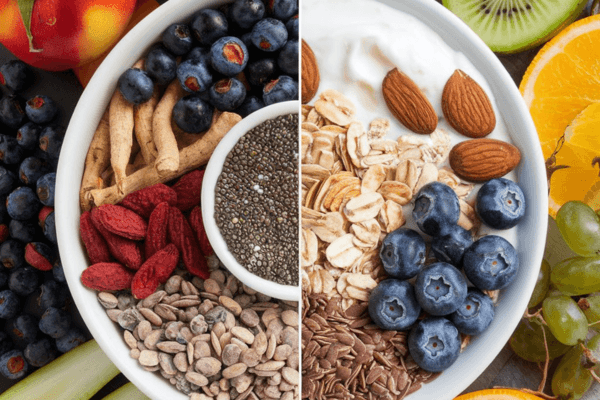Extreme climatic conditions impacts health, emphasising the importance of dietary habits in mitigating health risks is crucial. Various weather-related challenges such as heatwaves in summer and cold spells in winter, can lead to conditions like heatstroke, heat exhaustion, colds, flu, and depression. Adjusting dietary habits according to the season to address specific health concerns is important.
During summer, the focus is to stay hydrated and consume water-rich foods like fruits and vegetables to prevent dehydration and heatstroke. Foods like curd, sweet corn, and tender coconut water are recommended, while hot and spicy foods, fried foods, and caffeine should be avoided. In winter, the emphasis is on consuming nutrient-rich foods like root vegetables, avocados, and oatmeal to boost immunity and combat Seasonal Affective Disorders (SAD). Thick soups and lean proteins are suggested to keep warm and manage hunger.
The importance of a nutritious diet in combating health risks associated with climate change emphasises that vulnerable populations, including children and the elderly, are most at risk.
Original article posted here: https://www.thelondonobesityclinic.com/impact-of-health-during-extreme-climatic-conditions-due-to-food-habits/




